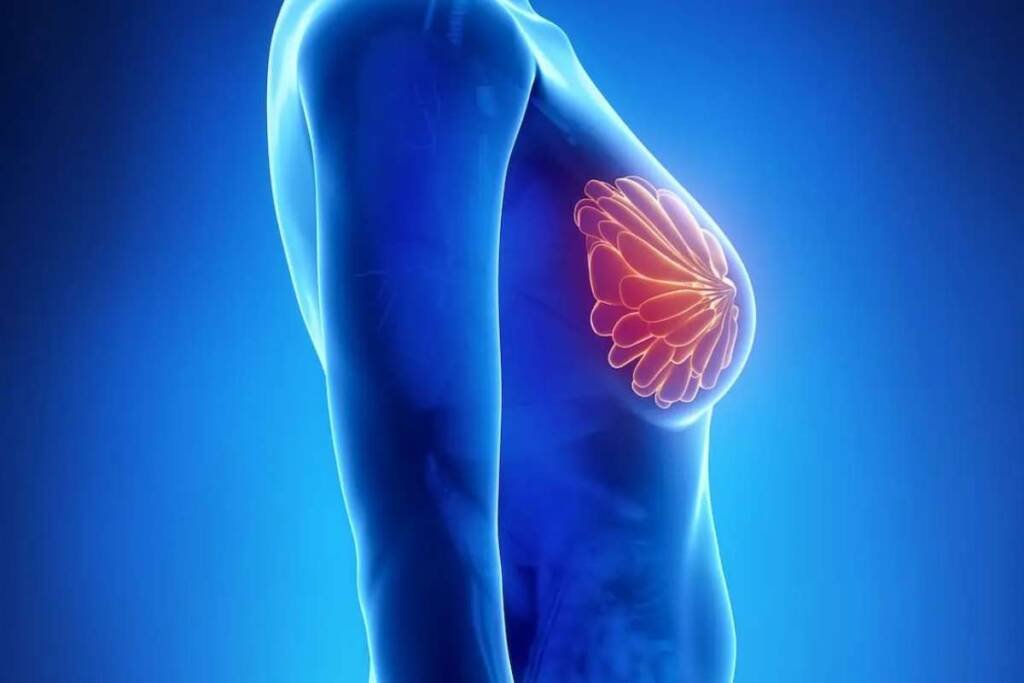Results published in Annals of Oncology indicate that Trastuzumab deruxtecan (T-DXd; Enhertu) showed superior health-related quality-of-life (HRQOL) outcomes compared to trastuzumab emtansine (T-DM1; Kadcyla) in patients with HER2-positive breast cancer. In the Phase III DESTINY-Breast03 trial, a single injection of ALN-APP, designed to switch off the production of amyloid precursor protein (APP) in the central nervous system, demonstrated a reduction of up to two-thirds of APP levels at six months. Alnylam and Regeneron are developing ALN-APP to clear amyloid from the brains of patients at risk of developing Alzheimer’s dementia using fewer doses compared to traditional antibody-based amyloid therapies.
In the DESTINY-Breast03 trial, patients with HER2-positive breast cancer who had previously received trastuzumab and a taxane were randomly assigned to receive either T-DXd or T-DM1 intravenously every three weeks. T-DXd exhibited a 12-month progression-free survival rate of 75.8% compared to 34.1% with T-DM1, meeting the primary endpoint with a significant hazard ratio (HR) of 0.28 (95% CI, 0.22-0.37; P <.001). The trial also demonstrated a manageable safety profile.
Assessment of health economics and outcomes research was done at the first interim analysis of the trial. Patient-reported outcomes (PROs) were evaluated throughout the trial, including European Organisation for Research and Treatment of Cancer Quality of Life Questionnaire Core 30 (EORTC QLQ-C30) global health status (GHS) and other PROs such as physical, emotional, and social functioning subscale scores, pain symptom subscale scores, and visual analogue scale (VAS) score.
Results indicated that T-DXd outperformed T-DM1 in terms of HRQOL outcomes, with no clinically meaningful change in GHS for either therapy from baseline, despite T-DXd having a longer median duration of treatment. The time to definitive deterioration (TDD) of GHS was numerically longer with T-DXd. Additionally, T-DXd demonstrated favorable HRs in other PROs such as pain symptoms, physical functioning, and emotional functioning.
In conclusion, the preliminary results from the DESTINY-Breast03 trial suggest that T-DXd may offer better HRQOL outcomes for patients with HER2-positive breast cancer compared to T-DM1. Further research and assessment of cognitive scores are needed to establish the full clinical benefits of T-DXd over existing therapies.





























